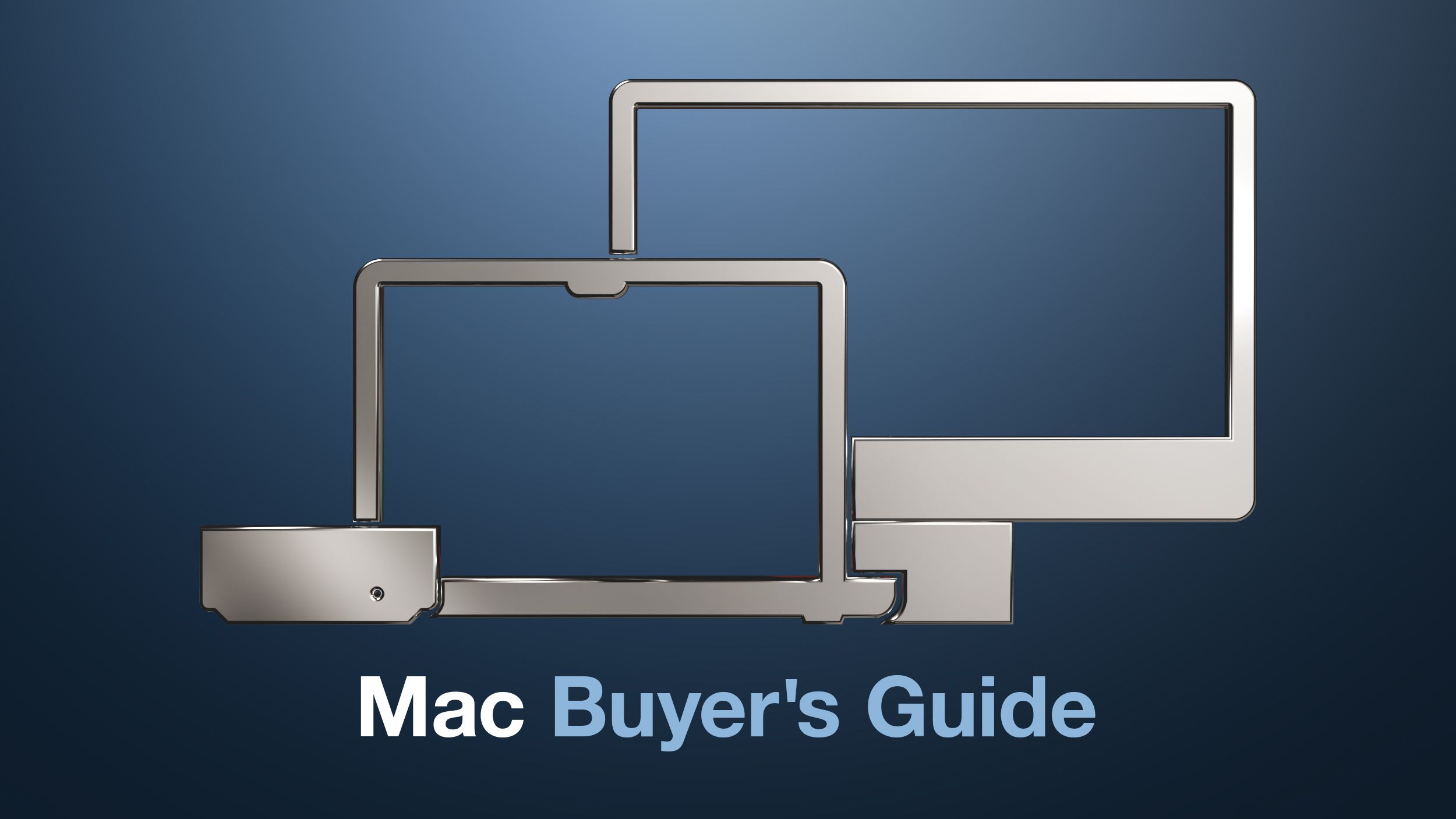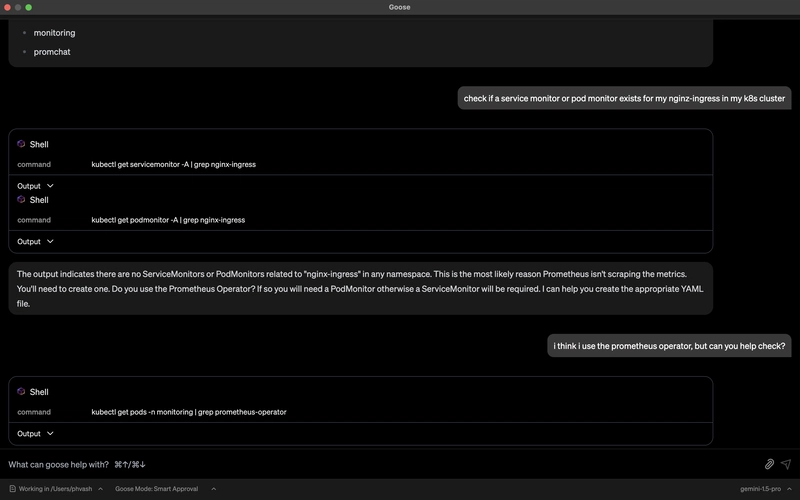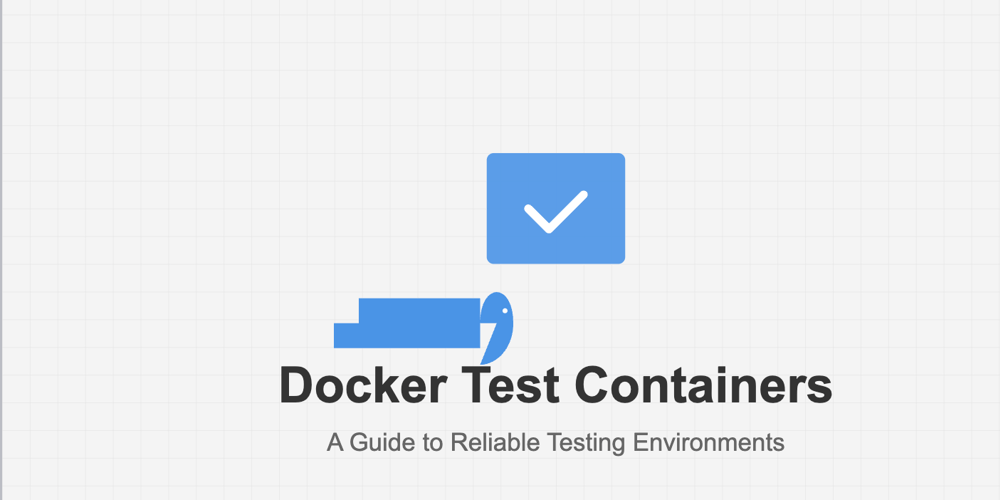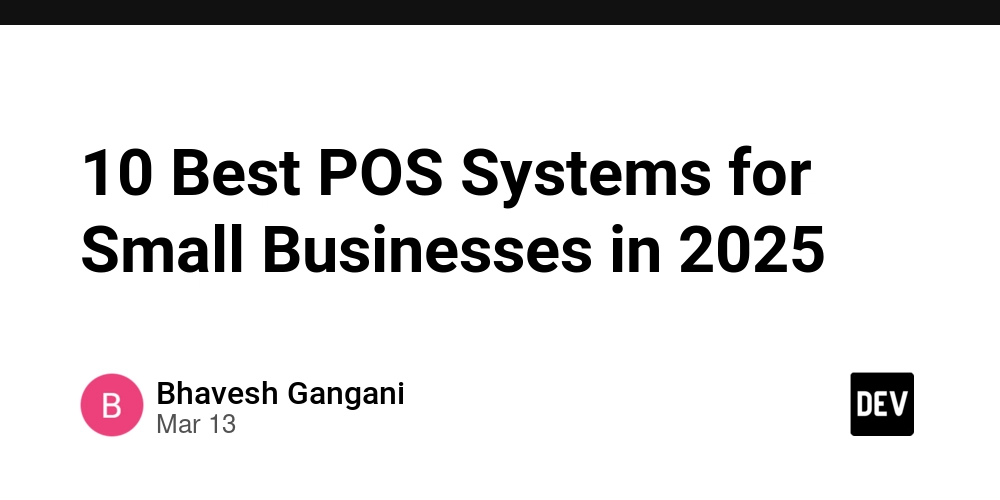When Are MCP Servers Necessary?
MCP is the new buzz word in the vibe coding era. Looks like there is now a MCP server for everything. Of course, the hype hasn't been unmerited. LLMs have seen substantial improvements in tool-use capabilities, with the Model Context Protocol (MCP) emerging as a popular way to enhance LLM functionality. While exploring these tools, I began questioning whether all MCPs add meaningful value or if some might be redundant given the built-in capabilities of modern LLM clients. For those unfamiliar, MCPs are wrappers around various APIs & Data Sources, exposing them as tools to LLMs. If you are unfamiliar with them, here is a good resource to get started with. You can experiment with them through interfaces like Claude Desktop or Cursor. For those looking for a free, open-source alternative, Code Name Goose by Block also offers MCP support. For the purpose of simplicity, throughout this article, i have chosen to refer to solutions (MCP server + client + host) built on-top of the MCP standard simply as "MCPs" Several MCPs have genuinely impressed me. For example, I played around with 21st.dev, which gives LLMs superpowers to create beautiful web components. However, a weekend exploration led me to question whether we're creating unnecessary complexity in some cases. For example, there are several MCPs designed specifically for Kubernetes interaction. To test their necessity, I conducted a simple experiment using Goose, which already provides a "shell" tool that allows LLMs to execute arbitrary commands. The hypothesis was straightforward: if Goose can already run shell commands, shouldn't it be able to interact with a Kubernetes cluster through standard kubectl commands without requiring a specialized MCP? The results were illuminating. Without any additional configuration or specialized instructions, I simply prompted the LLM to interact with my Kubernetes cluster. The model intelligently responded by: Constructing the appropriate kubectl commands Executing them via the built-in shell tool Interpreting the results correctly This successful interaction occurred without any dedicated Kubernetes MCP, suggesting that in this particular use case, the specialized wrapper may be redundant. This simple experiment highlighted an important distinction in MCP utility: Web API Wrappers: MCPs appear to add significant value when wrapping web APIs, providing structured access to online services CLI Tool Wrappers: When MCPs simply wrap command-line interfaces that are already accessible through shell tools, their additional value becomes questionable Conclusion While MCPs represent an important advancement in extending LLM capabilities, we should be thoughtful about their implementation. Not every interaction requires a dedicated wrapper, especially when built-in tools like shell access can accomplish the same goals with less complexity. I'm curious about others' experiences with MCPs. Have you found cases where dedicated MCPs add substantial value beyond what's possible with basic shell access? Or have you encountered similar redundancies?
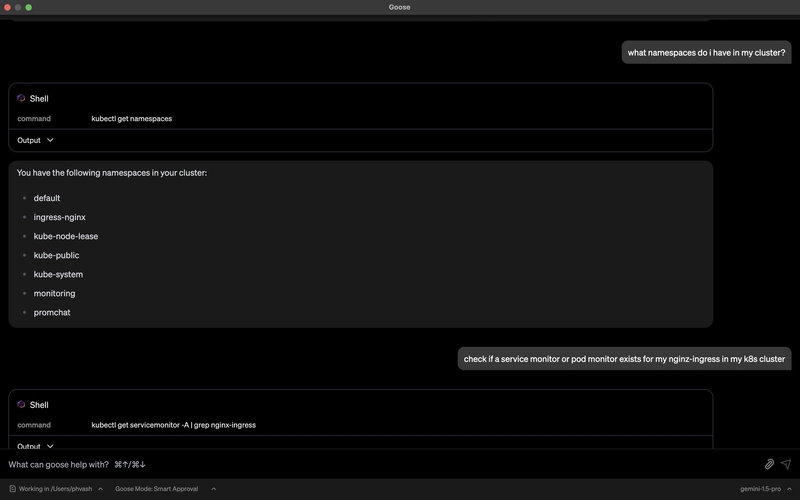
MCP is the new buzz word in the vibe coding era. Looks like there is now a MCP server for everything. Of course, the hype hasn't been unmerited. LLMs have seen substantial improvements in tool-use capabilities, with the Model Context Protocol (MCP) emerging as a popular way to enhance LLM functionality. While exploring these tools, I began questioning whether all MCPs add meaningful value or if some might be redundant given the built-in capabilities of modern LLM clients.
For those unfamiliar, MCPs are wrappers around various APIs & Data Sources, exposing them as tools to LLMs. If you are unfamiliar with them, here is a good resource to get started with. You can experiment with them through interfaces like Claude Desktop or Cursor. For those looking for a free, open-source alternative, Code Name Goose by Block also offers MCP support. For the purpose of simplicity, throughout this article, i have chosen to refer to solutions (MCP server + client + host) built on-top of the MCP standard simply as "MCPs"
Several MCPs have genuinely impressed me. For example, I played around with 21st.dev, which gives LLMs superpowers to create beautiful web components. However, a weekend exploration led me to question whether we're creating unnecessary complexity in some cases.
For example, there are several MCPs designed specifically for Kubernetes interaction. To test their necessity, I conducted a simple experiment using Goose, which already provides a "shell" tool that allows LLMs to execute arbitrary commands.
The hypothesis was straightforward: if Goose can already run shell commands, shouldn't it be able to interact with a Kubernetes cluster through standard kubectl commands without requiring a specialized MCP?
The results were illuminating. Without any additional configuration or specialized instructions, I simply prompted the LLM to interact with my Kubernetes cluster. The model intelligently responded by:
- Constructing the appropriate
kubectlcommands - Executing them via the built-in shell tool
- Interpreting the results correctly
This successful interaction occurred without any dedicated Kubernetes MCP, suggesting that in this particular use case, the specialized wrapper may be redundant.
This simple experiment highlighted an important distinction in MCP utility:
- Web API Wrappers: MCPs appear to add significant value when wrapping web APIs, providing structured access to online services
- CLI Tool Wrappers: When MCPs simply wrap command-line interfaces that are already accessible through shell tools, their additional value becomes questionable
Conclusion
While MCPs represent an important advancement in extending LLM capabilities, we should be thoughtful about their implementation. Not every interaction requires a dedicated wrapper, especially when built-in tools like shell access can accomplish the same goals with less complexity.
I'm curious about others' experiences with MCPs. Have you found cases where dedicated MCPs add substantial value beyond what's possible with basic shell access? Or have you encountered similar redundancies?














































































































































































![[The AI Show Episode 142]: ChatGPT’s New Image Generator, Studio Ghibli Craze and Backlash, Gemini 2.5, OpenAI Academy, 4o Updates, Vibe Marketing & xAI Acquires X](https://www.marketingaiinstitute.com/hubfs/ep%20142%20cover.png)
















































































































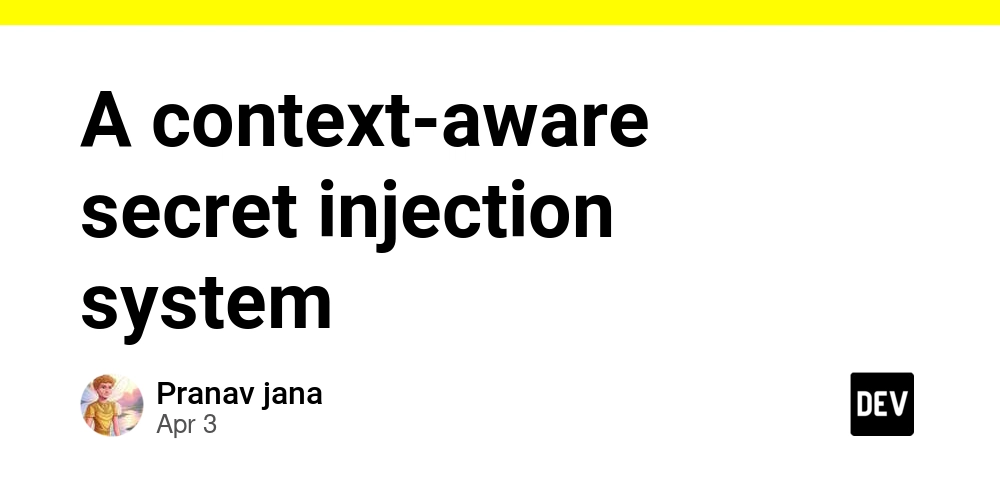
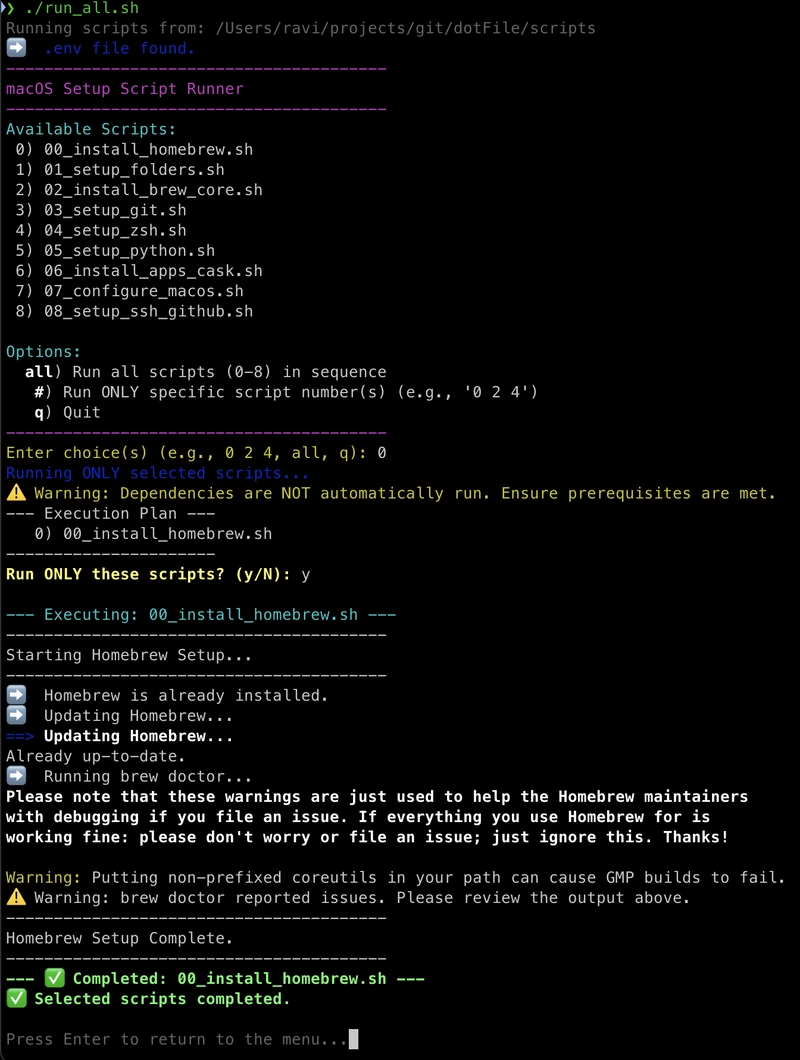
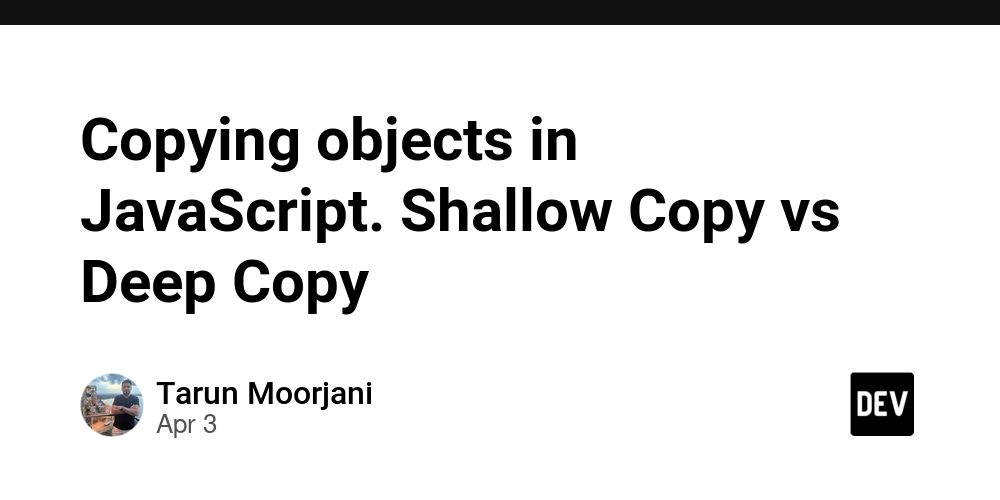












![[DEALS] Microsoft Office Professional 2021 for Windows: Lifetime License (75% off) & Other Deals Up To 98% Off – Offers End Soon!](https://www.javacodegeeks.com/wp-content/uploads/2012/12/jcg-logo.jpg)

















































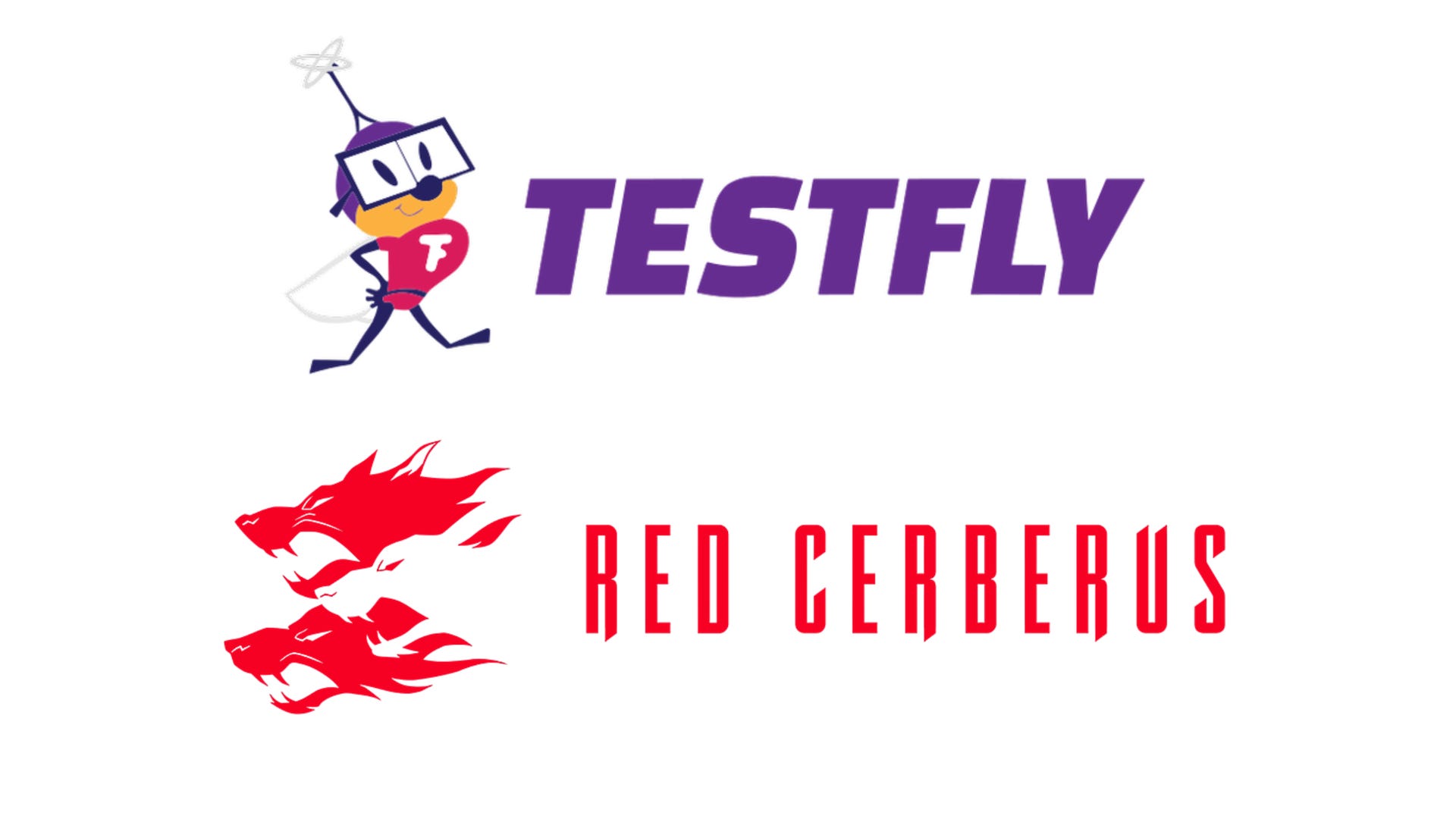





























































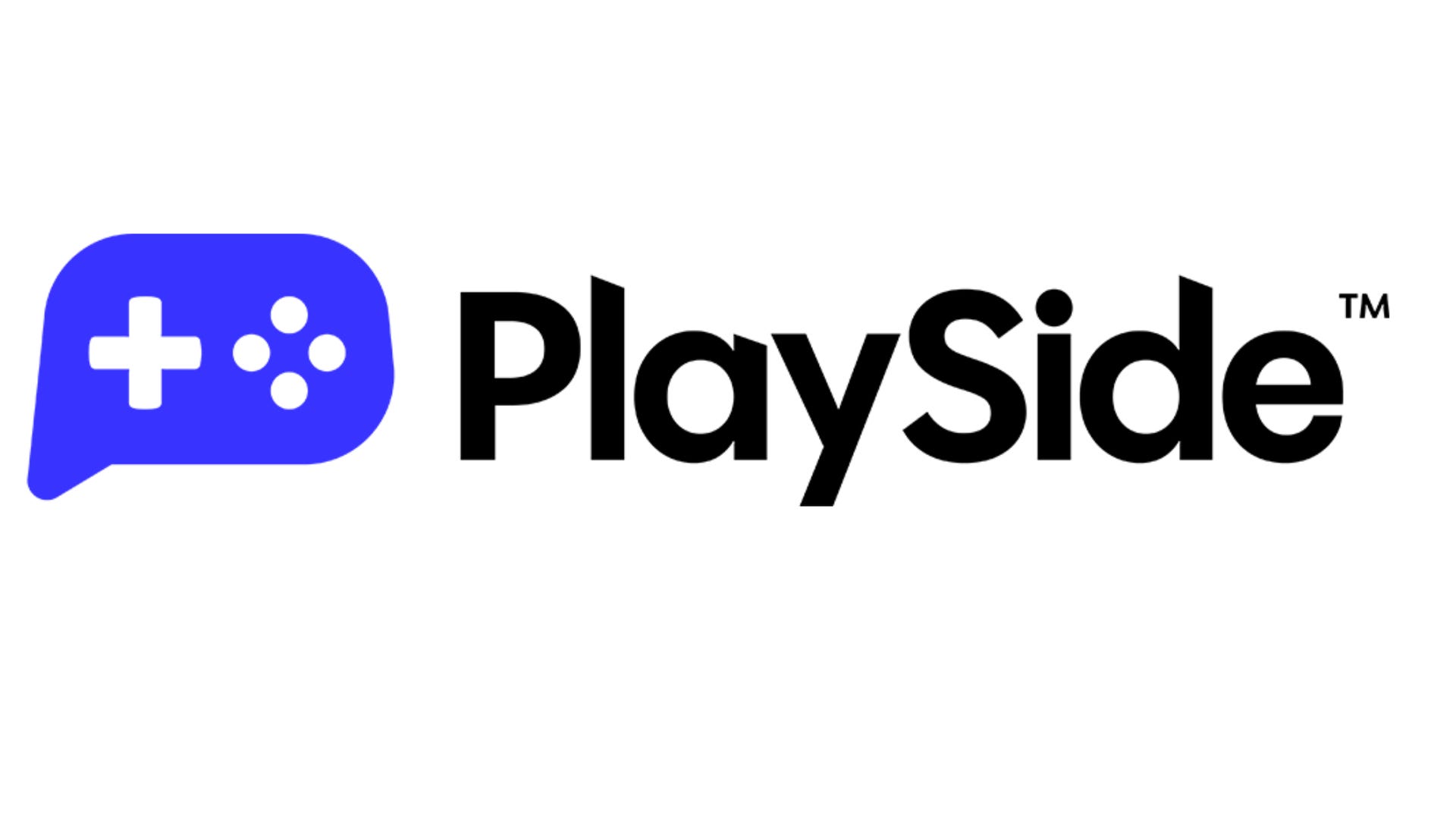
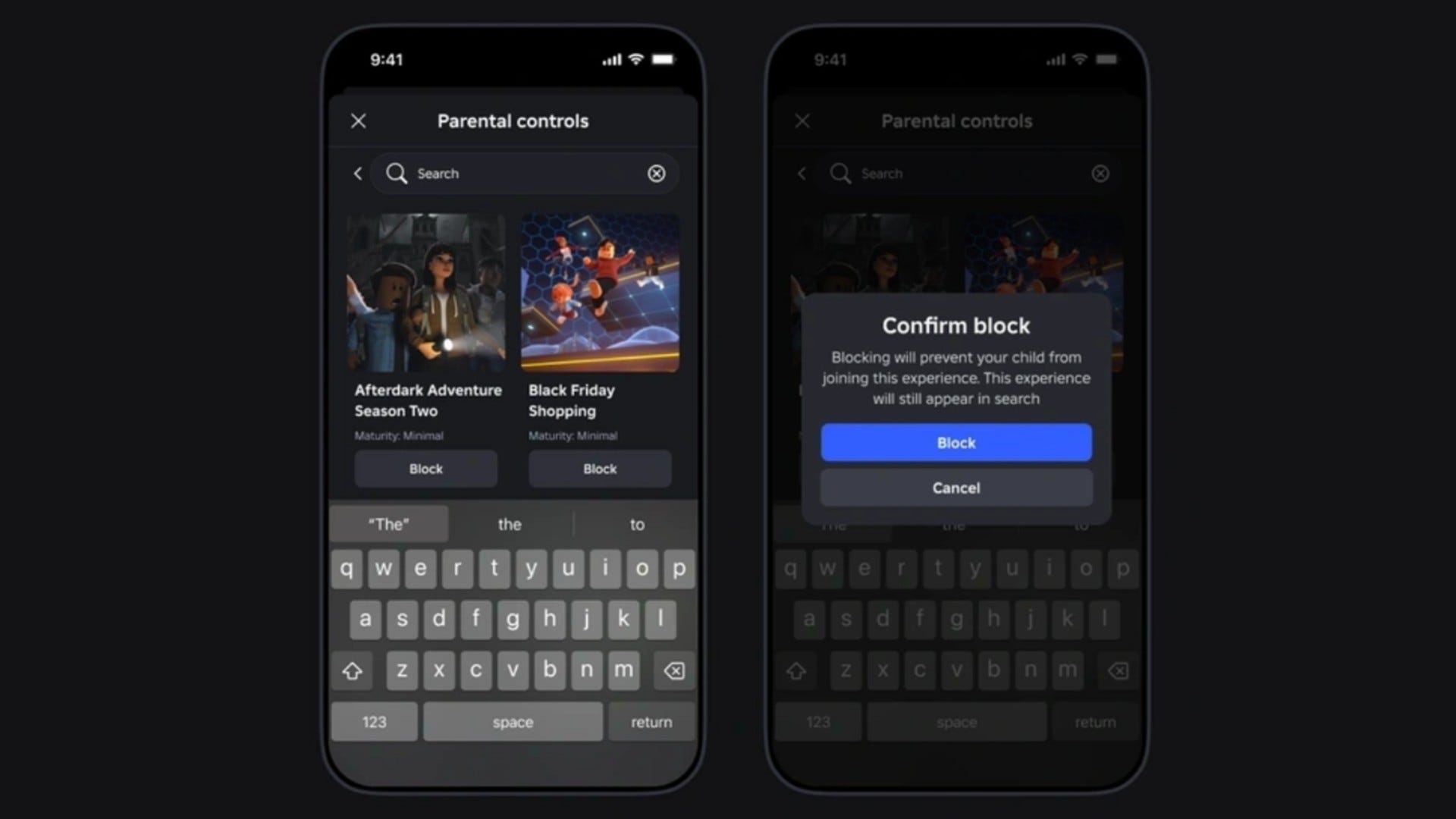




























_Anthony_Brown_Alamy.jpg?#)
_Hanna_Kuprevich_Alamy.jpg?#)




.png?#)









































































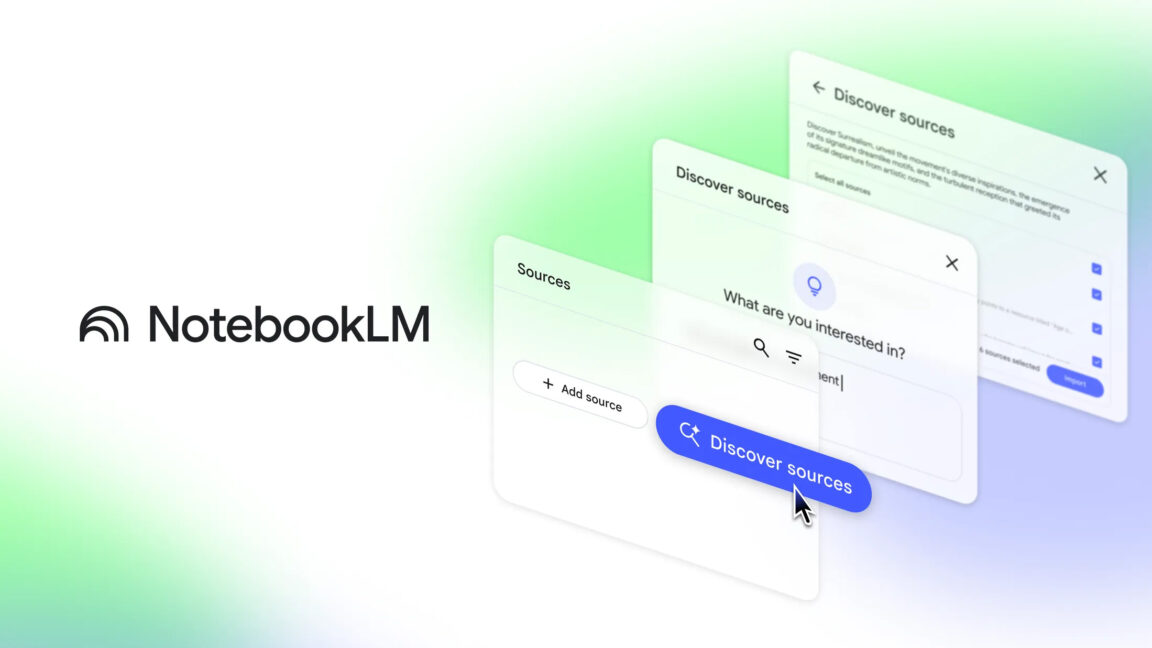












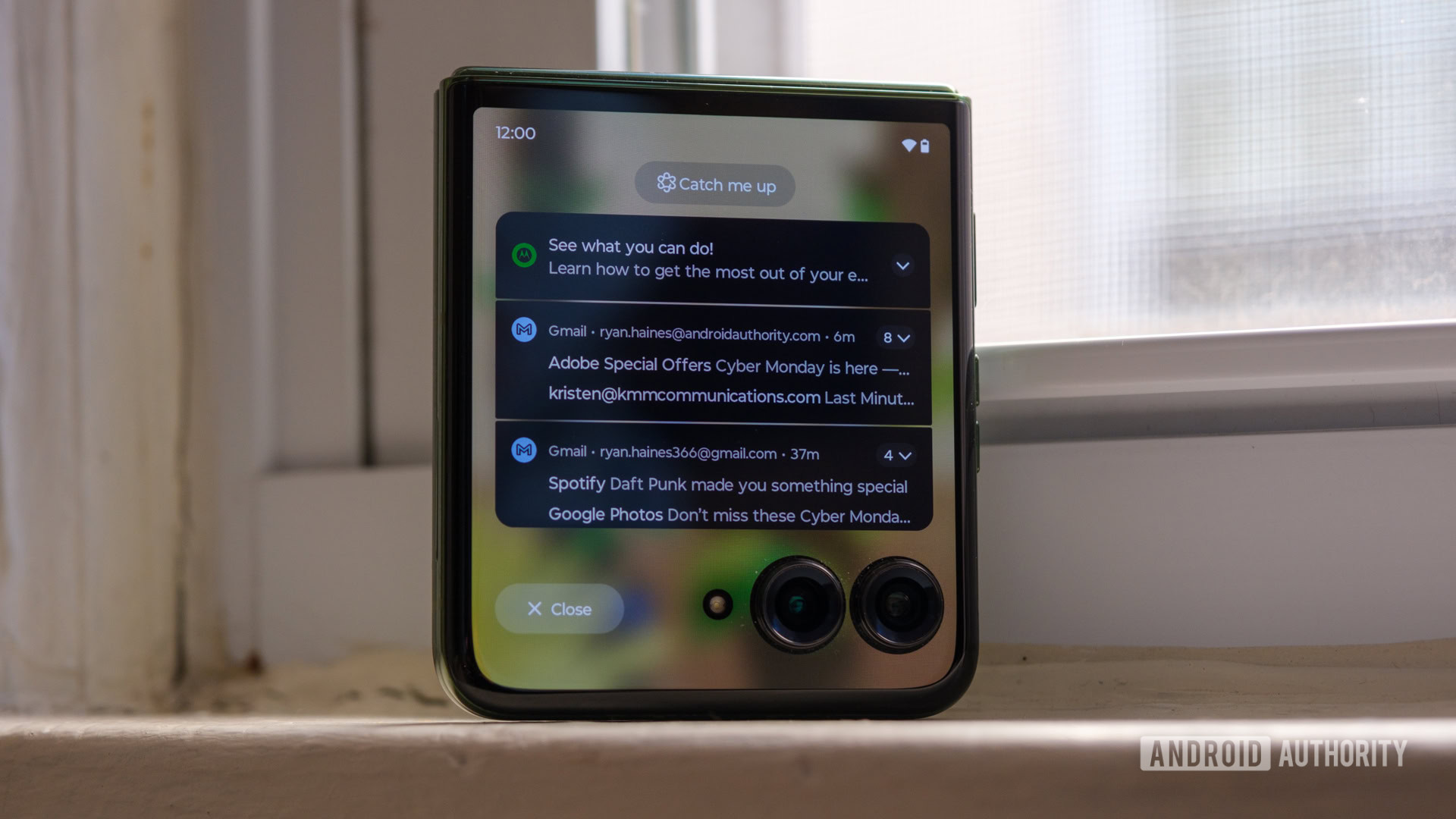














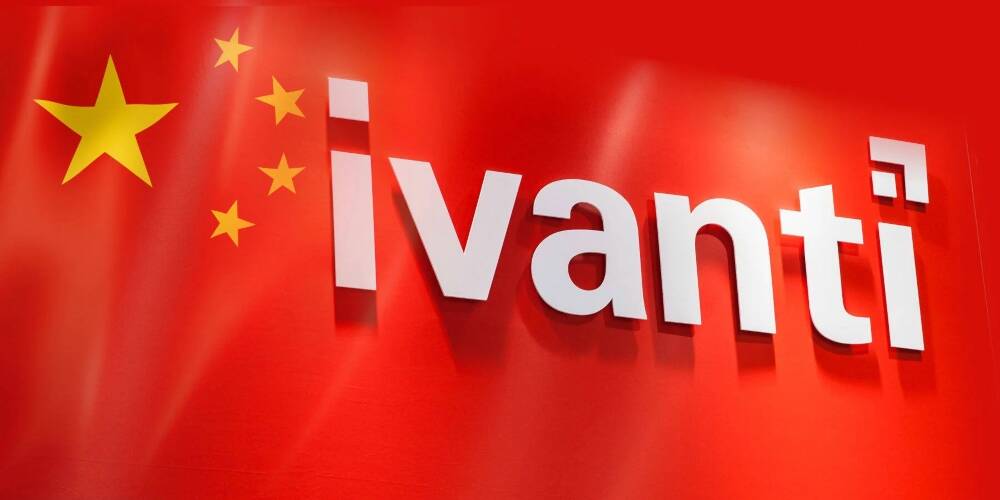



![YouTube Announces New Creation Tools for Shorts [Video]](https://www.iclarified.com/images/news/96923/96923/96923-640.jpg)

![Apple Faces New Tariffs but Has Options to Soften the Blow [Kuo]](https://www.iclarified.com/images/news/96921/96921/96921-640.jpg)





































